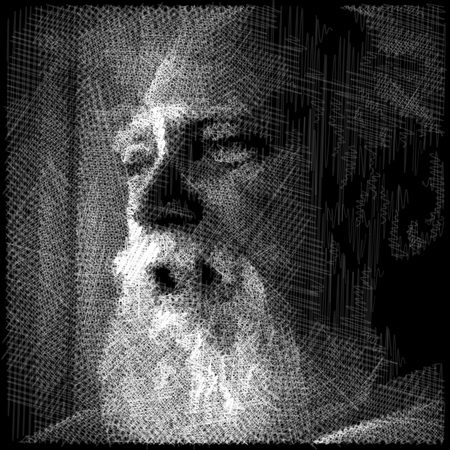A psychotherapy client or a couple may present with these dynamics:
I listen as he or she blames, blames and blames their spouse or partner. It all make sense. The pain is real and the partner does all those things they are accused of.
I invite the client into a dialogue with their partner (in couple work or as part of a role enactment using psychodramatic production one-to-one.)
“You push me away. You malign me. It’s not fair. You let me down. You are self absorbed. You are angry and you attack me. You are not capable of being civil. You are mad and crazy. You must be punishing me.”
I usualy intervene to stop such blaming before it reaches this level.
Here is what I see in my minds eye, and what I am thinking.
It’s a dance. There is no I or you. There is a co-created enactment of defences against…. not each other, but the pain that results from imperfections of the world when they were in their formative years, and also from the nastiness of all the pain of the world.
The anger is a warning system. It is a by product with the function of drawing attention to the root of the problem. I see sirens flashing and alarms screaming. Red lights. The alarms go completely unheaded. It is as if the meaning of alarms has not been explained. The madness in the system is that the response to alarm is alarm.
I can see the dynamics the alarms are called to alert us to, pain, uncertainty, helpless struggling babies.
I can imagine the vicious circle. When you fight I run. When you feel alone and rush at me, I fight. When I fight you blame. When you blame I run. And so the dance builds with ever increasing intensity.
Feelings, needs and healing possibilities are ignored as the anger builds with reactivity be it passivity or aggression.
I can already see the potential for healing in the dance when the first You is uttered. I see my client’s pain and see them owning it. I see them take responsibility for it. I see them imagine through the defences of their partner to the wounded child and I imagine them feeling empathy, and the urge to reach out, and then actin on that urge. I see a healing drama.
I see the possibility of my client asking and offering new behaviours that are congruent with their own needs and ability. I imagine a dance of giving and receiving:
“I will listen. I want to be held. When I feel scared I want you to be soft and light. When I have the urge to run I will stop and be still. I want you to say you appreciate my work in the house. I want you to initiate love making. I will go on a run each night so my sleeping pattern might be better for our relationship. When I have the urge to blame I will request a time to talk and listen.”
These are my thoughts in the first few seconds of blaming.
The client has no inkling of what is possible. They are an alarm that is screaming. In the session perhaps for first time ever there is no alarm being triggered in response. (Either I am the listener, or I insist the couple takes turns to listen.)
They are in a raw state. The fury turns to calm.
~
This is by way of introduction to the main is that prompted me to write, that the image I see of healing in those first few seconds will take months to realise and during that time I have hope but they might not. There is a lot of trust I need to hold in this work while the clients may simply not have it, not have the experiences to base any trust on. No matter how much work we do to keep the therapeutic space “safe” it is not experienced as safe because the long held defence habits are removed and the rawness of old pain comes to the surface. Often as that pain is met with loving attention deeper wounds are revealed.
I am reminded of the three Ps in TA, Permission, Protection = Potency. For some reason I thought persistence was in there too! I need to hold on to my ability to manage a process that might well look like a ten car pile up on the motorway. How client centered is it when all they want to do is fight and blame and I work towards something different?
Scripts- the Role of Permission – by James Allen and Barbara Allen:
# Permission to exist.
# Permission to experience one’s own sensations, to think one’s own thoughts, and to feel one’s own feelings, as opposed to what others may believe one should think or feel.
# Permission to be one’s self as an individual of appropriate age and sex, with potential for growth and development. # Permission to be emotionally close to others.
# Permission to be aware of one’s own basic existential position.
# Permission to change this existential position.
# Permission to succeed in sex and in work; that is, to be able to validate one’s own sexuality and the sexuality of others, and to “make it.”
# Permission to find life meaningful.

